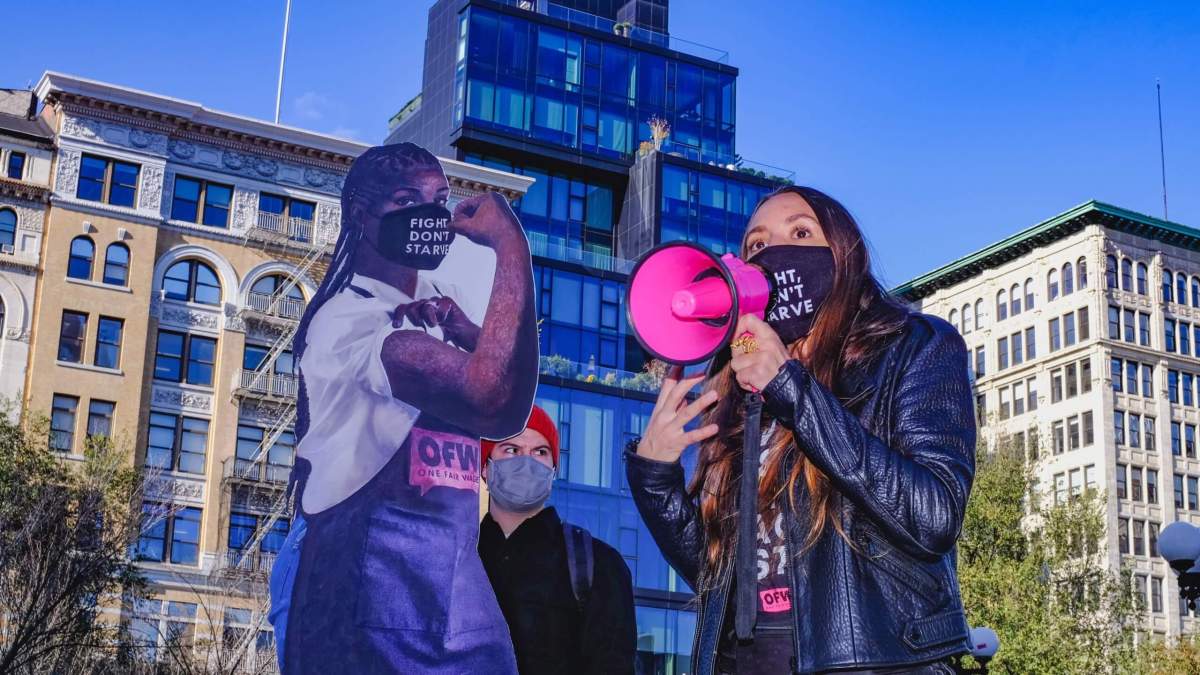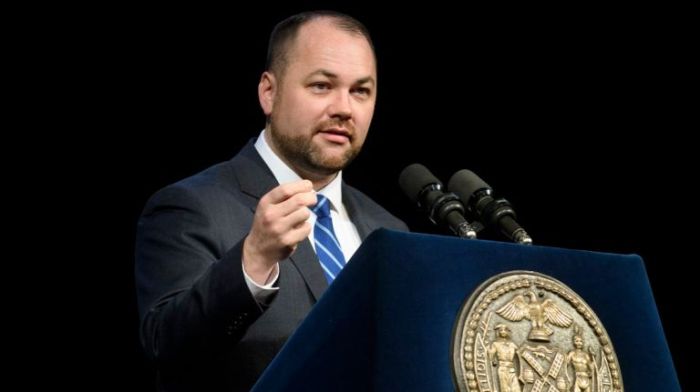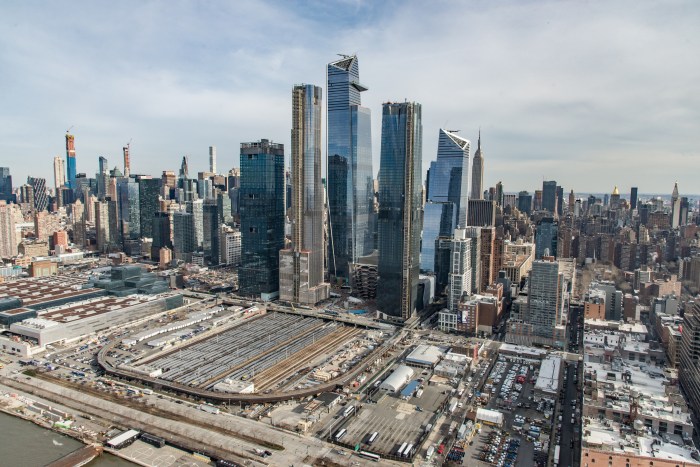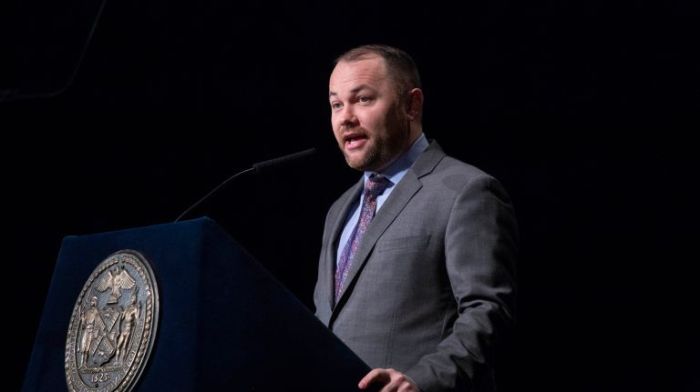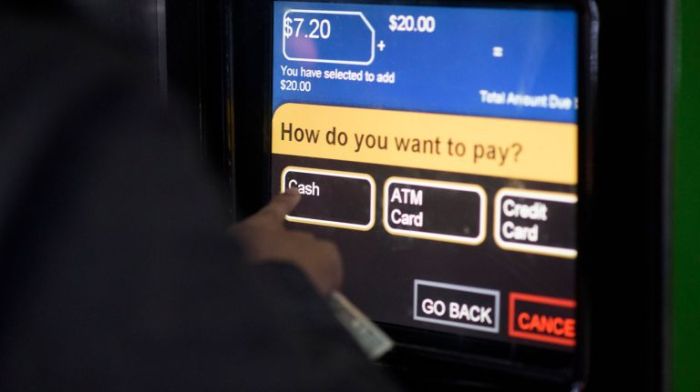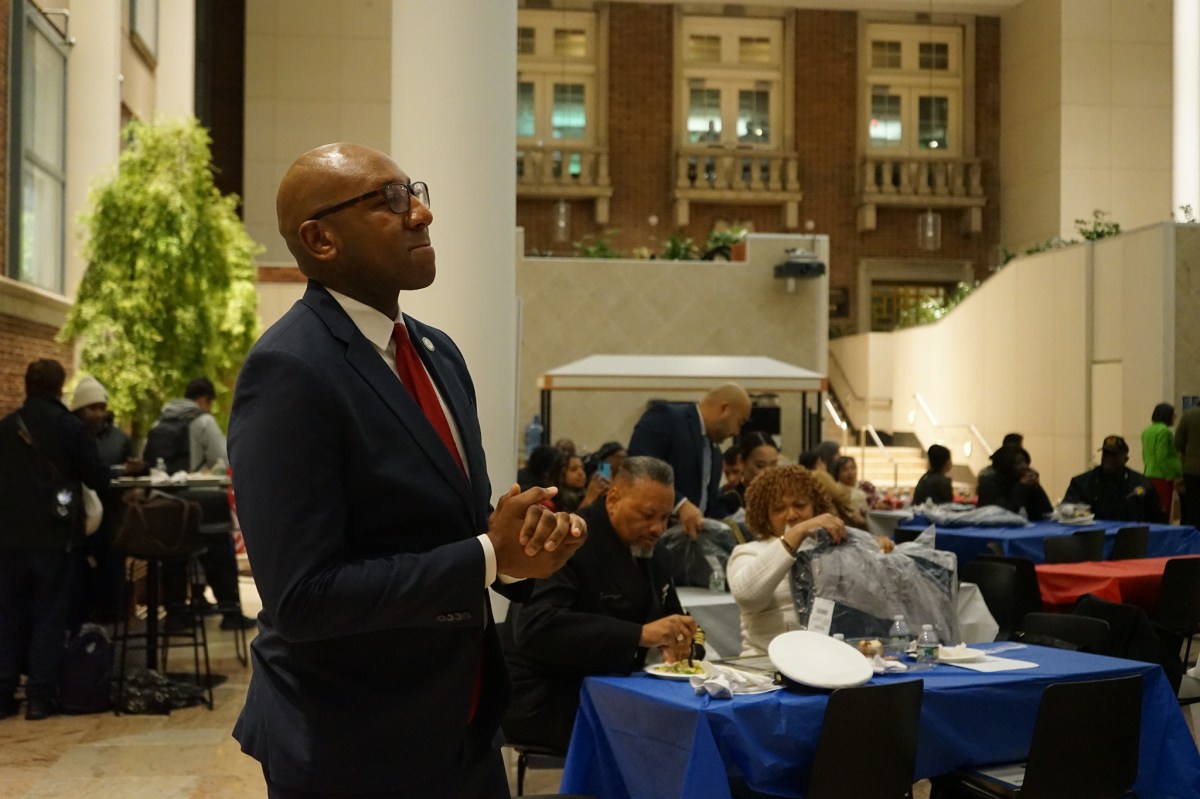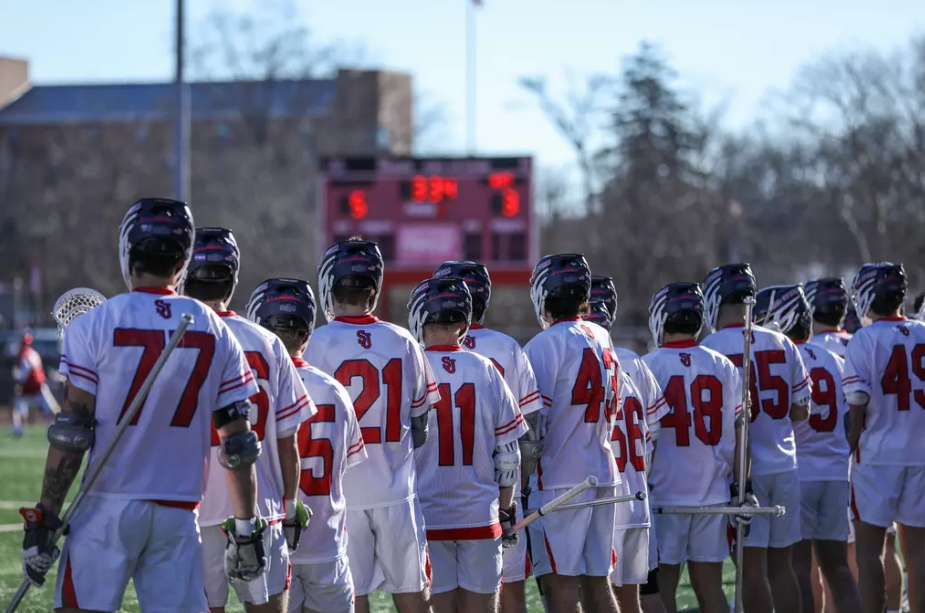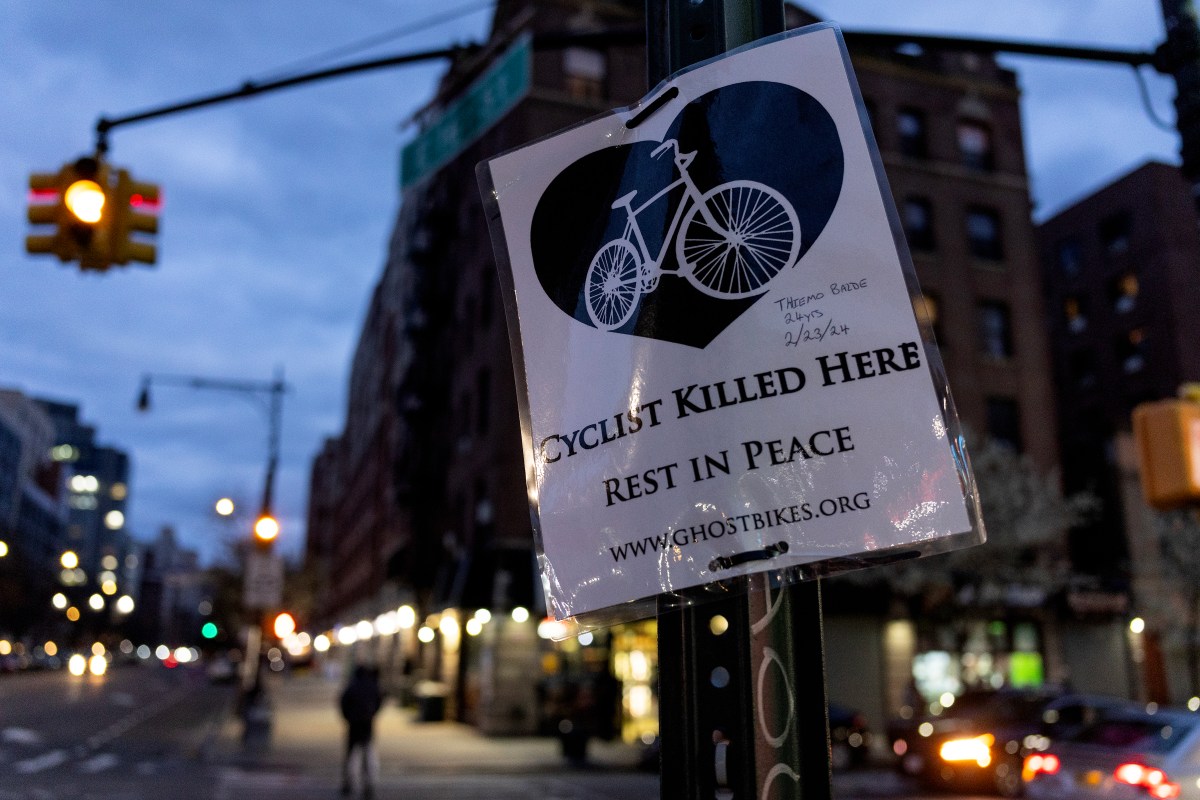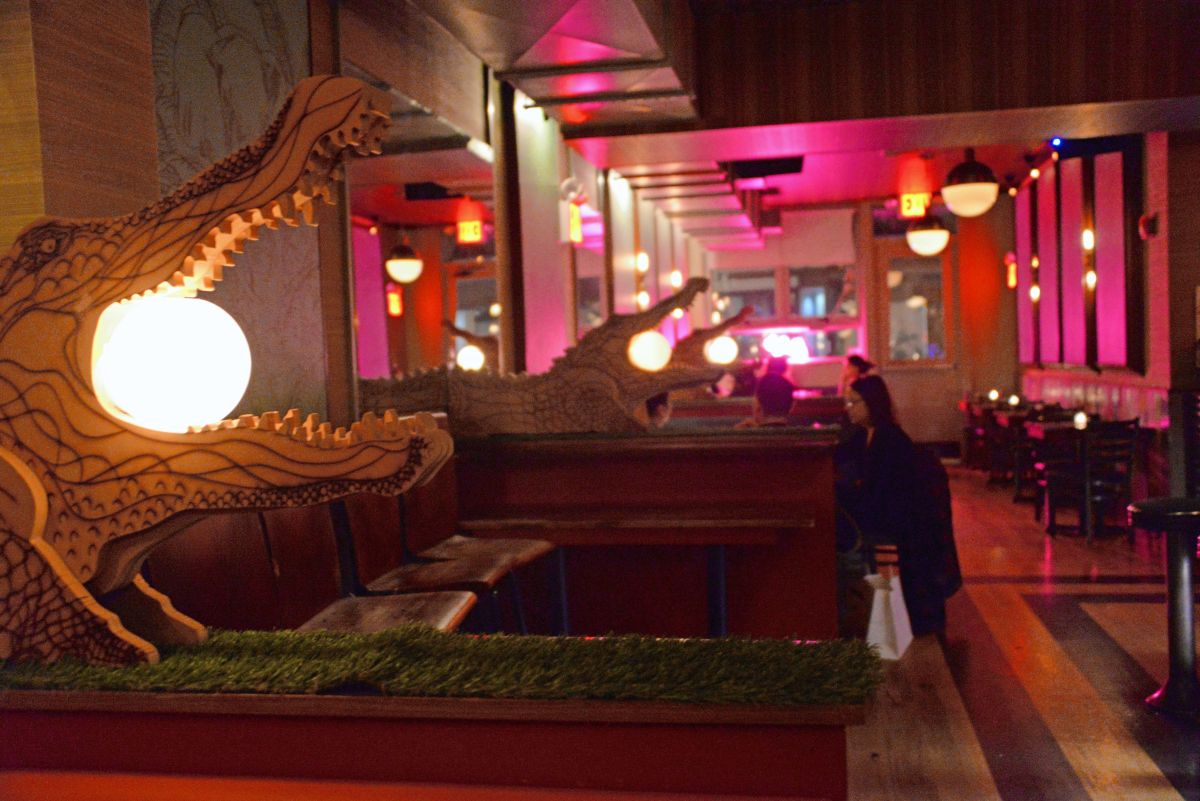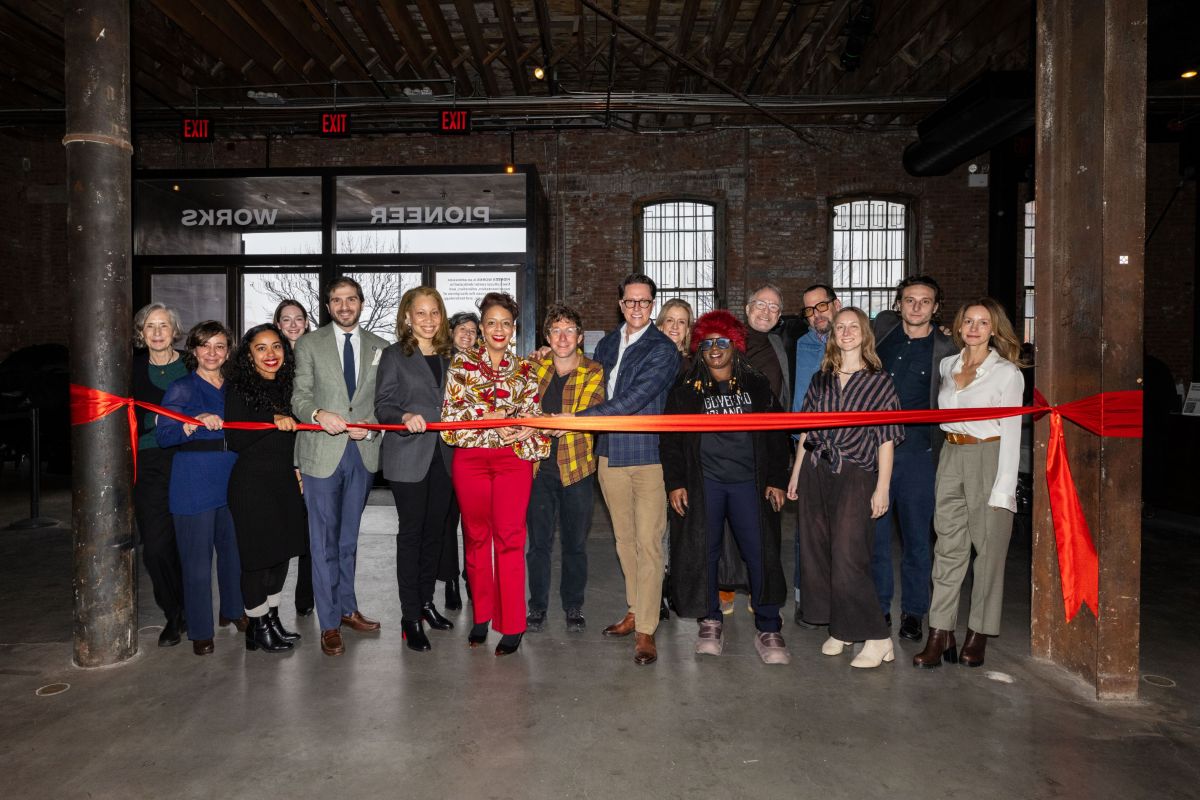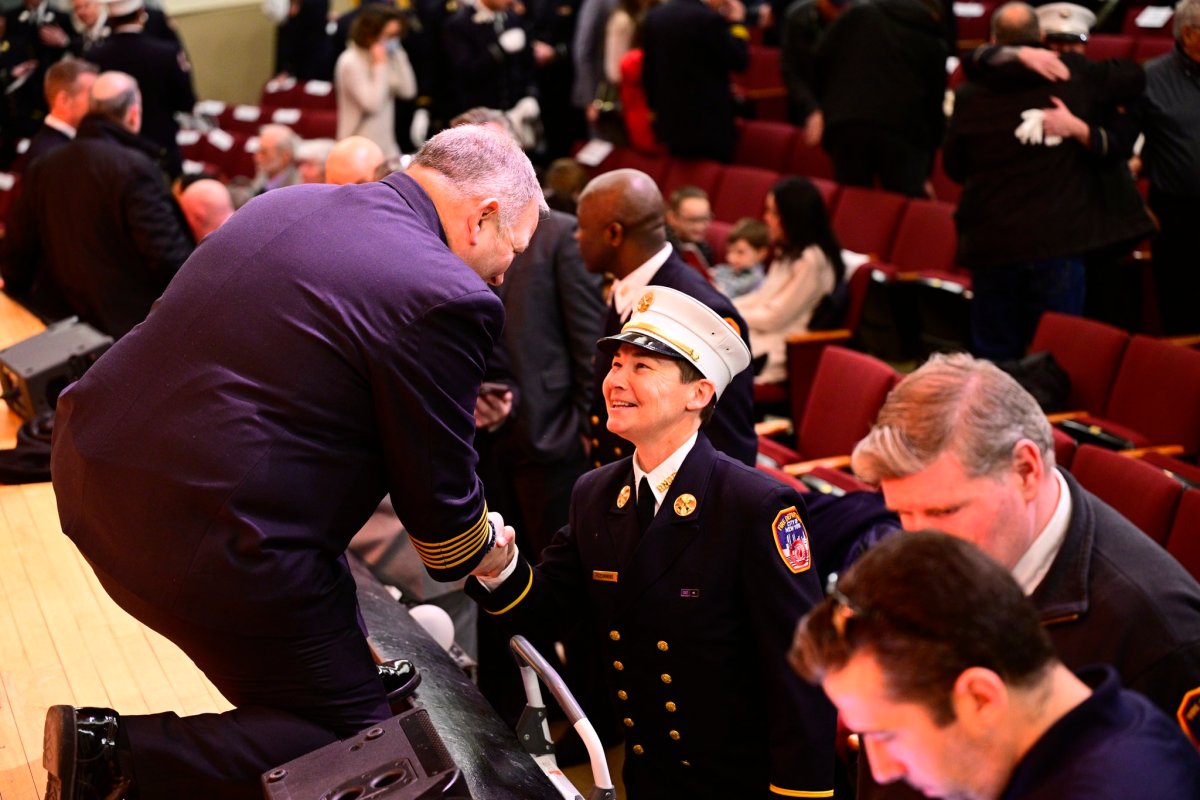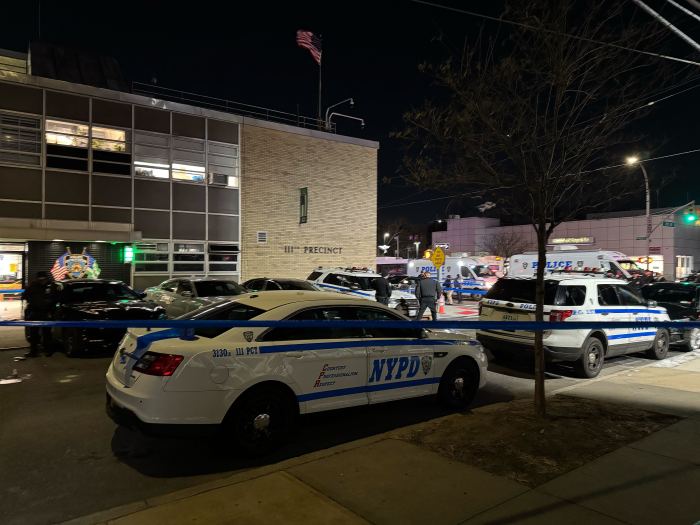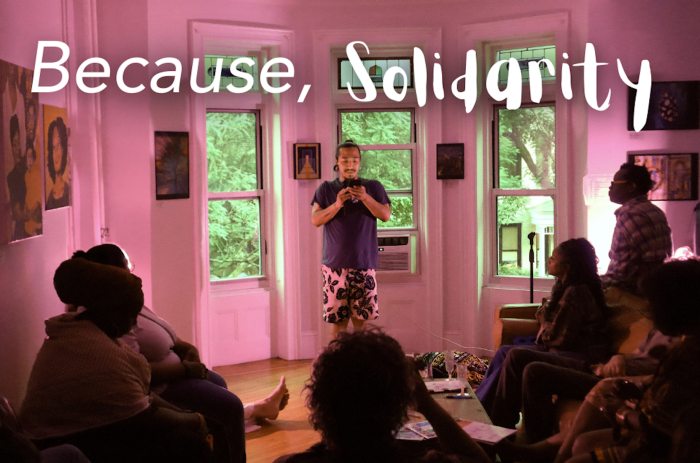Tipped wage earners and even some employers support the call for a minimum wage increase in the bar and restaurant industry as the worsening pandemic sees more hardship on the hospitality front.
One Fair Wage organizers said Monday that earning a sub-minimum wage has gotten tougher with business hours being cut by the state as a COVID-19 mitigation effort and abuses in the industry persist.
Breanne Delgado, a chef and organizer with One Fair Wage handed out cans of soup in Union Square on Monday and spoke about what the government can do to act on behalf of restaurant workers who are dealing with pre-COVID-19 problems in a post-COVID world where the responsibilities only accumulate.
“We’re finding that women in the service industry, bartenders, servers, hostesses, nail and hair salon workers are being sexually harassed at work right now and are still being asked to show up, to sanitize between customers and enforce rules of wearing masks,” Degado said. “Governor Cuomo, if you care about the health and safety of one of the largest workforces in this state, in this city, you will eliminate the sub-minimum wage for tipped workers.”
Ricky Dolinsky, an executive chef and co-owner of Tzarevna, along Orchard Street on the Lower East Side, told amNewYork Metro that much of the trepidation he sees from other business owners to push for a change to the tipped wage system is a simple fear of the unknown.
But having been passed in several other states and countries such as Canada, a simple surcharge would help support employees, he said.
“I think people are scared of [One Fair Wage] because they’re not used to it, the system has been in place for so long. In many other countries, such as Canada, there are automatic charges for diners… A surcharge, not unlike the one that Mayor de Blasio passed not long ago, except that one is expiring. We want one that doesn’t expire and we want one that will be used toward One Fair Wage,” Dolinsky said. “Right now, we’re seeing the true cost of dining out and re-analyzing the health and safety of everything around us. Now is the time to give the industry a facelift and finally fix this racial and wage disparity.”
In September, the City Council and Mayor Bill de Blasio passed a restaurant surcharge to help restaurants recoup some of the losses seen during the first wave of the COVID-19 pandemic which saw several months of lockdown orders that put many businesses in uncertain circumstances financially.
Amid concerns that the 10% surcharge would cut into the tips of workers, Council Speaker Corey Johnson committed to future changes that would ensure employees saw a piece of the action in a permanent surcharge.



